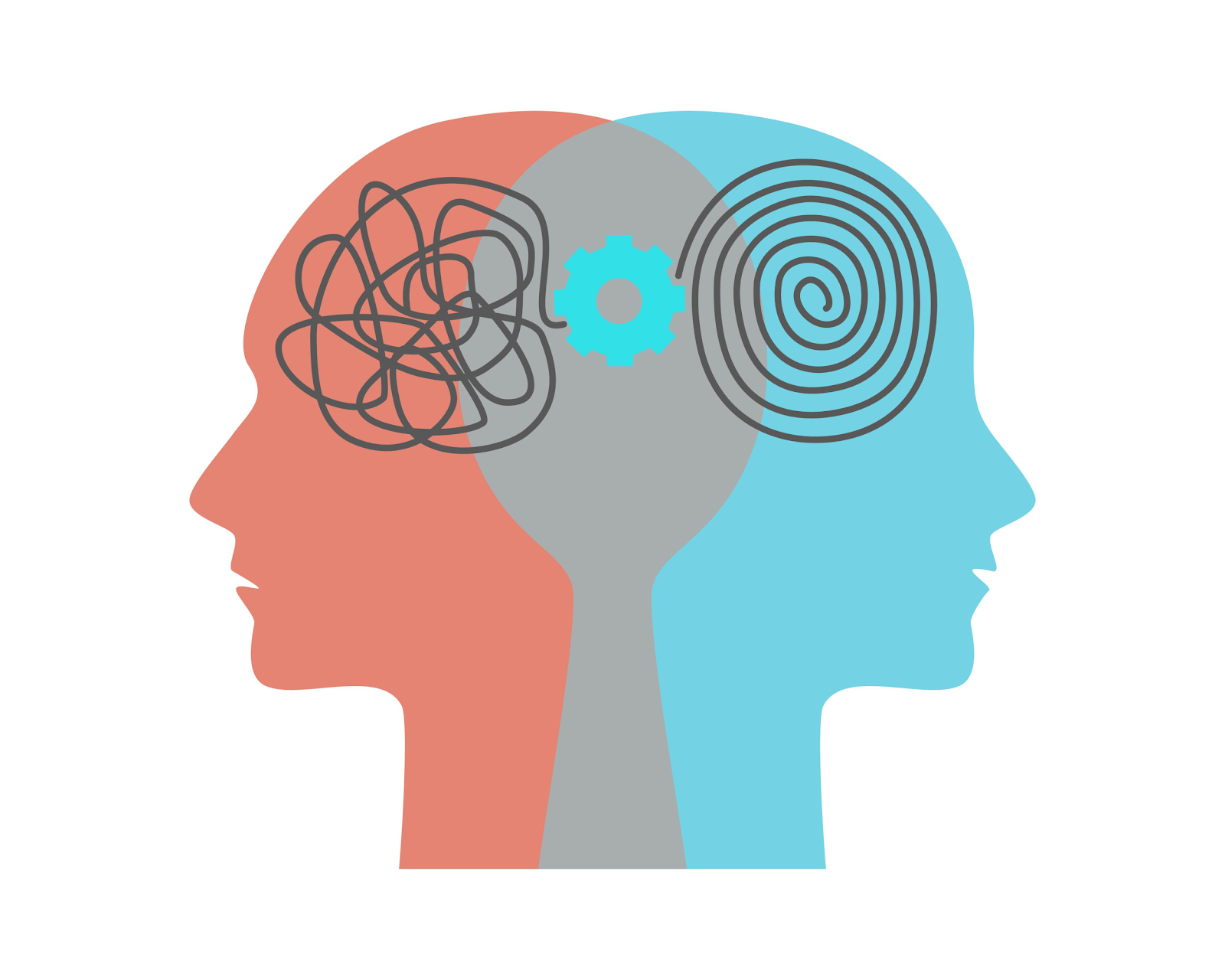What is Health?
Leading a healthy life involves taking care of your physical, mental, and emotional well-being. Here are some general guidelines to help you lead a healthier lifestyle:
- Eat a variety of foods from all food groups, including fruits, vegetables, whole grains, lean proteins, and healthy fats.
- Limit processed foods, sugary drinks, and excessive intake of salt, sugar, and saturated fats.
- Stay hydrated by drinking plenty of water throughout the day.
- Aim for at least 150 minutes of moderate aerobic activity or 75 minutes of vigorous aerobic activity per week, along with muscle-strengthening activities on two or more days per week.
- Find activities you enjoy, whether it's walking, running, cycling, swimming, dancing, or playing sports.
- Incorporate physical activity into your daily routine, such as taking the stairs instead of the elevator or walking instead of driving for short distances
- Aim for 7-9 hours of quality sleep per night for adults. Children and teenagers need even more sleep.
- Create a relaxing bedtime routine and maintain a consistent sleep schedule, even on weekends.
- Ensure your sleep environment is conducive to rest, with a comfortable mattress, pillows, and a cool, dark, and quiet room.
- Practice stress-reduction techniques such as deep breathing, meditation, mindfulness, yoga, or tai chi.
- Set realistic goals and priorities, and learn to say no when necessary to avoid overcommitting yourself.
- Take breaks during the day to relax and recharge, whether it's through short walks, listening to music, or engaging in hobbies you enjoy.
- Cultivate supportive relationships with family, friends, and colleagues. Surround yourself with positive influences and people who uplift you.
- Communicate openly and honestly with others, and practice active listening and empathy.
- Set boundaries to protect your emotional well-being and prioritize relationships that bring out the best in you.
- Schedule regular visits to your healthcare provider for preventive screenings, vaccinations, and health assessments.
- Be proactive about your health by addressing any concerns or symptoms promptly and following your healthcare provider's recommendations.
- Limit alcohol consumption and avoid smoking or using tobacco products.
- Be mindful of your screen time and limit exposure to digital devices, especially before bedtime.
- Practice moderation in all aspects of life, including food, alcohol, caffeine, and recreational activities.
- Engage in lifelong learning and personal development to stimulate your mind and expand your knowledge.
- Pursue hobbies and interests that bring you joy and fulfillment, whether it's learning a new skill, exploring creative outlets, or engaging in cultural activities.
Leading a healthy life is about finding balance and making sustainable choices that promote your overall well-being. It's important to listen to your body, prioritize self-care, and make choices that support your physical, mental, and emotional health.








































0 comments: